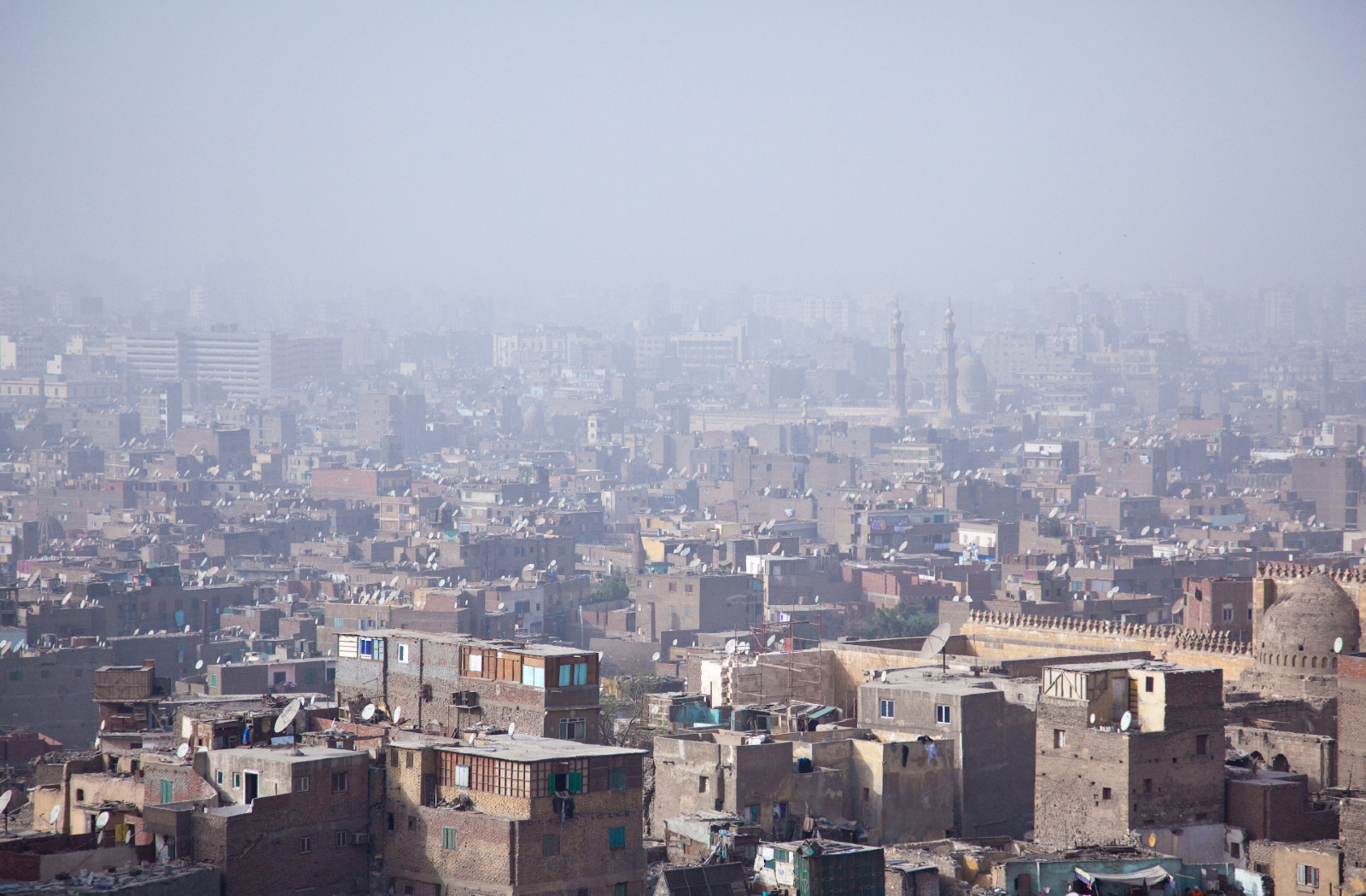Egypt is the 27th most-polluted country in the world in 2021 + Investors are amping up the pressure on green startups

Egypt was the 27th most-polluted country in the world last year out of 117 countries surveyed, with an annual reading of small and hazardous airborne particles known as PM2.5 standing at 29.1, according to data (pdf) compiled by IQAir, a Swiss pollution technology company that monitors air quality. The survey was meant to find how many cities met World Health Organization (WHO) air quality standards last year, mitigating both climate change and health risks to residents. The WHO recommends that average annual PM2.5 readings should not exceed 5 micrograms per cubic meter (µg/m³). New Cairo’s PM2.5 was found to be at 29.1 µg/m³ in 2021, exceeding WHO’s recommendation by 5-7 times and putting the Egyptian city in the higher range of pollution, ranking #502 out of the 6,475 cities in the report. This is also up more than 67% compared to just two years ago, with 2019’s PM2.5 reading at 18 µg/m³.
We’re not alone in falling short of WHO standards: The vast majority of cities exceeded the recommended levels, with only 3.4% of all cities surveyed meeting the WHO’s standard during the year, reports Reuters. For the air quality rankings for capital cities, India’s New Delhi took the first spot with 85 µg/m³, followed by Bangladesh’s Dhaka (78.1 µg/m³) and Chad’s N'Djamena (77.6 µg/m³). The Arab world follows not too far behind, with Oman’s Muscat coming in at #5, Bahrain’s Manama at #7, Iraq’s Baghdad at #8, Qatar’s Doha at #13, and UAE’s Abu Dhabi at #18.
Investors are amping up the pressure on green startups: After raising a record USD 45 bn last year, privately-held green startups are facing pressure from their investors to deliver on their promises, between better batteries, EVs and sustainable materials, the Wall Street Journal writes, citing investors. The funding acquired could finance the start of the transition from fossil fuels to greener alternatives — even if the startups don’t fully meet their promises to investors. Companies need to prove that their technology works, as they start to face criticism for being overvalued. But even some progress “on longstanding challenges” in energy storage or sustainable products, supported by the current influx of green investments, could prevent a repeat of the 2010 wave of bankruptcies among green startups, which then led to an investment drought.